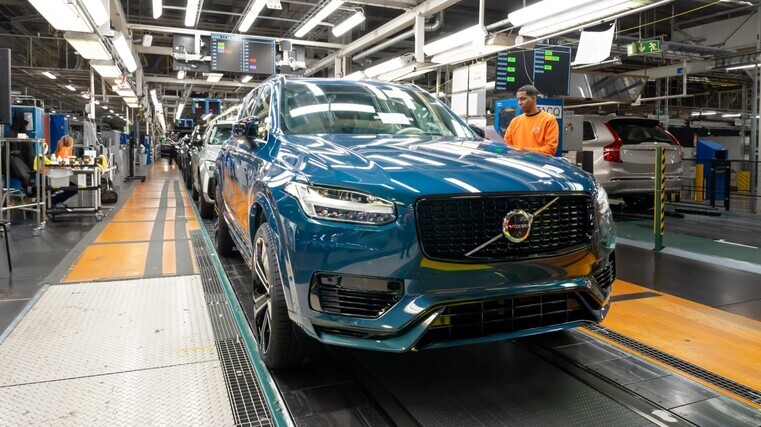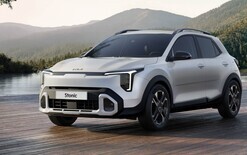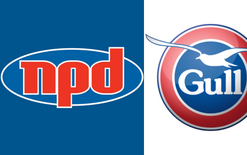End of Volvo’s diesels

Volvo has produced its last car with a diesel engine, an announcement it made early this year, when an XC90 made at its factory in Torslanda ended an era that started 45 years ago.
The blue SUV, pictured, will never be privately owned because it's heading to the marque’s museum in Gothenburg, Sweden.
The Geely-owned marque only started to keep track of its diesel car production in 1991, but since then has built more than nine million vehicles although the actual total is much higher considering 12 years are missing.
The 244 GL D6 was the first Volvo to have a diesel engine. It was powered by a naturally aspirated six-cylinder unit borrowed from Volkswagen and Audi. It wasn't until 2001 that the Swedish marque introduced a diesel engine of its own, a five-cylinder mill assembled at its factory in Skövde.
In 2017, Volvo announced plans to end development of diesel engines. Last month, the final vehicle with a diesel engine – a V60 – was built in Ghent, Belgium. Now, the diesel engine is absent from the line-up.
The next step is to scrap vehicles with internal combustion engines altogether. Although other luxury brands, such as Mercedes-Benz and Bentley, have pushed back ambitious electric vehicle (EV) targets, Volvo is still aiming to be completely electric by the end of this decade.
Sales of diesel cars in Europe have traditionally been strong, but demand has been shrinking in the aftermath of the Volkswagen Group’s emissions-cheating scandal.
In addition, stricter emissions regulations are forcing carmakers to gradually drop diesel engines. Investments to make diesels comply with tougher EU legislation is expensive and with demand dropping it makes little sense to invest in them.
The European Automobile Manufacturers’ Association reports diesels’ market share there dropped from 16.4 per cent in 2022 to 13.6 per cent in 2023.
Battery EVs were more popular last year with a 14.6 per cent share, while plug-in hybrids accounted for 7.7 per cent.
Petrol models came in at 35.3 per cent, regular hybrids amounted to 25.8 per cent other types of propulsion totalled three per cent.





